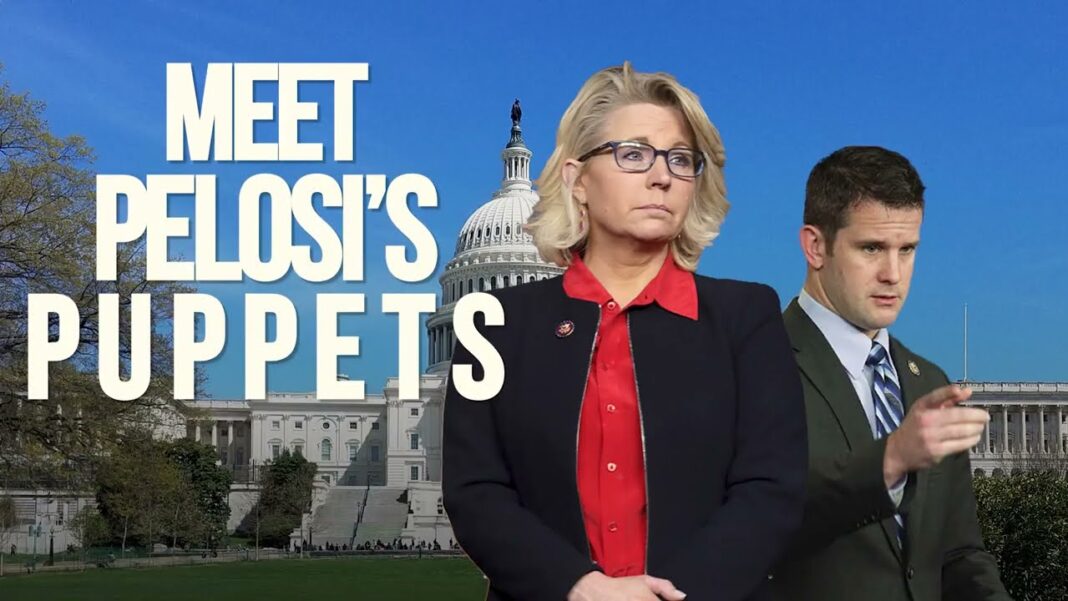Eliminating the 60-vote threshold will simply guarantee that we lose a critical tool that we need to safeguard our democracy from threats in the years to come.
It is clear that the two parties strategies are not working, not for either side, and especially not for the country.
No, it’s comfortable for members of each party, particularly those who spent their career in party politics, to think that their respective party, alone, can move the country forward. Party control becomes a goal in and of itself instead of prioritizing a healthy appropriate balance in which American’s diverse views and shared values are represented.
But when one party need only negotiate with itself, policy will inextricably be pushed from the middle towards the extremes. And I understand, there’s some on both sides of the aisle that prefer that outcome, but I do not, and I know that Arizonans do not either.
Our country’s first President, George Washington, the leader whose wisdom I borrowed at the conclusion of the 2020 impeachment trial. He warned against political factions more than two hundred years ago, saying that extreme partisanship could lead to the ruins of public liberty. “I was no party man myself,” Washington wrote, “and, the first wish of my heart was, if parties did exist, to reconcile them.
Today, we serve in an equally divided Senate, and today marks the longest time in history that the Senate has been equally divided. The House of Representatives is nearly equally divided as well. Our mandate, it seems evident to me, work together and get stuff done for America.
The past years have shown when a party in control pushes party line changes exceeding their electoral mandate, the bitterness within our politics is exacerbated, tensions are raised within the country, and traditionally nonpartisan issues are transformed into partisan wedges.
We must address the disease itself, the disease of division, to protect our democracy. It cannot be achieved by one party alone. It cannot be achieved solely by the federal government. The response requires something greater, and yes, more difficult than what the Senate is discussing today.
We need robust sustained strategies that put aside party labels and focus on our democracy, because these challenges are bigger than party affiliation. We must commit to a long-term approach as serious as the problems we seek to solve, one that prioritizes listening and understanding, one that embraces making progress on shared priorities and finding common ground on issues where we hold differing and diverse views.
This work requires all Americans everywhere. Efforts to fix these problems on a bare majority party line will only succeed in exacerbating the root causes that gave way to the state laws in the first place, extending our descent into a more fragmented America.
This work is our shared responsibility as an Americans I share the disappointment of many that we’ve not found more support on the other side of the aisle for the legislative responses to state-level voting restrictions. I wish that were not the case, just as I wish there had been a more serious effort on the part of Democratic Party leaders to sit down with the other party and genuinely discuss how to reforge common ground on these issues. My Republican colleagues have a duty to meet their shared responsibility to protect access to voting and the integrity of our electoral process.
We need a sustained robust effort to defend American democracy, an effort on the part of Democrats, Republicans, Independents and all Americans in communities across this country.






